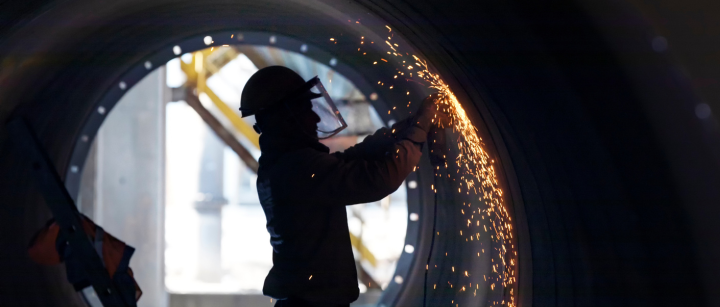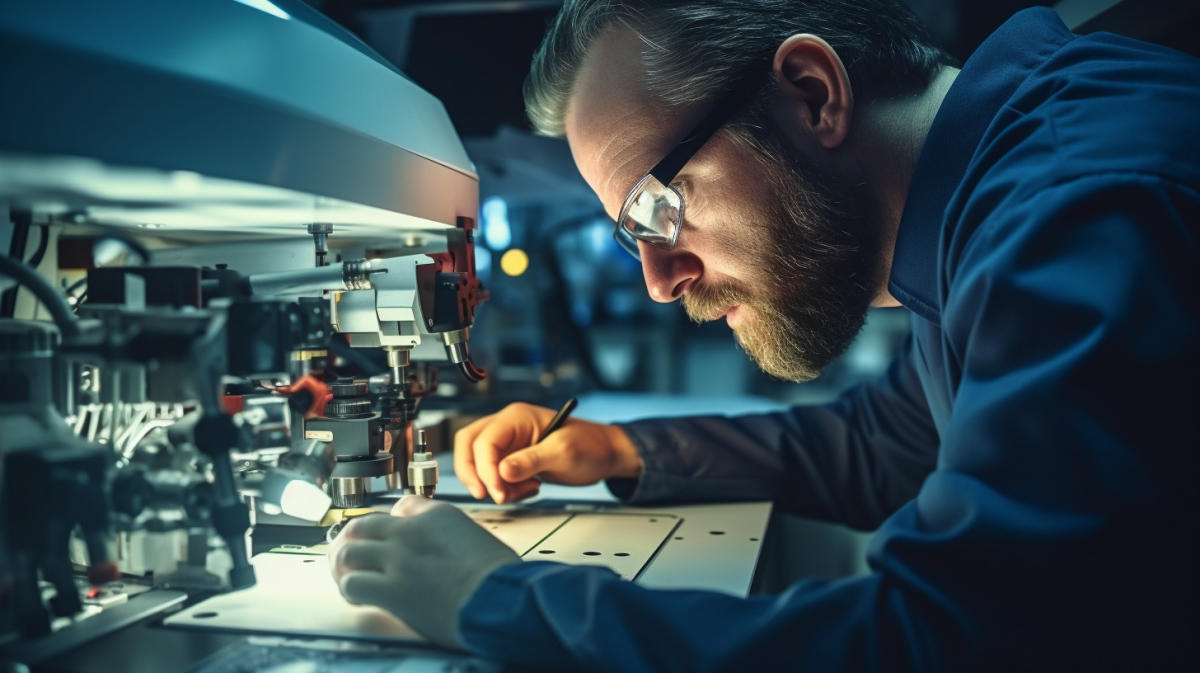NAFTA's Economic Shadow: Trump's Controversial Claims About Vanishing American Manufacturing
Manufacturing
2025-04-15 13:46:27Content

President Donald Trump has repeatedly highlighted the impact of trade agreements on American manufacturing, often citing a dramatic statistic about factory closures. His claim of 90,000 plants and factories shutting down after the North American Free Trade Agreement (NAFTA) in 1994 has been a powerful narrative in his economic rhetoric.
However, economic experts suggest this figure requires careful scrutiny. While the decline in U.S. manufacturing jobs is undeniable, the root causes are far more complex than simple trade policy. Technological advancement, particularly automation, has played a significantly larger role in transforming the industrial landscape than international trade agreements.
The narrative of factory closures oversimplifies a nuanced economic transformation. Sophisticated robotic systems and advanced manufacturing technologies have fundamentally reshaped industrial production, reducing human labor requirements and changing the nature of manufacturing jobs. These technological shifts have been more influential in job displacement than cross-border trade policies.
By focusing solely on trade agreements, policymakers and the public risk overlooking the profound technological revolution occurring in manufacturing. Understanding these deeper economic dynamics is crucial for developing effective strategies to support American workers and industries in an increasingly automated global economy.
The Vanishing Factories: Unraveling the Myth of Trade's Impact on American Manufacturing
In the complex landscape of American industrial evolution, the narrative of manufacturing's decline has become a powerful political and economic discourse. The interplay between trade policies, technological advancement, and global economic shifts has created a multifaceted story that goes far beyond simple explanations of job losses and factory closures.Decoding the Real Forces Behind America's Industrial Transformation
The Automation Revolution: Silent Disruptor of Manufacturing Jobs
The transformation of American manufacturing is a nuanced tale of technological innovation that extends far beyond trade agreements. Automation has emerged as the most significant catalyst in reshaping the industrial workforce. Sophisticated robotics, artificial intelligence, and advanced manufacturing technologies have systematically replaced human labor, creating a seismic shift in employment dynamics that no trade policy could replicate. Cutting-edge robotic systems can now perform complex manufacturing tasks with unprecedented precision and efficiency. These technological marvels have fundamentally altered the manufacturing landscape, reducing human dependency and increasing productivity exponentially. Companies have discovered that investing in automation provides long-term cost savings and operational advantages that traditional human labor cannot match.Global Economic Dynamics and Structural Industrial Changes
The narrative of manufacturing job losses cannot be simplified to a single trade agreement or policy. Complex global economic forces have been reshaping industrial ecosystems for decades. Emerging economies with lower labor costs, technological advancements, and shifting consumer demands have created a dynamic environment where traditional manufacturing models become increasingly obsolete. Economists and industry experts argue that the decline in manufacturing jobs represents a broader structural transformation rather than a direct consequence of trade policies. The United States has been transitioning from a manufacturing-centric economy to a service and technology-driven ecosystem, reflecting global economic trends and technological capabilities.Trade Agreements: Scapegoat or Catalyst for Economic Evolution?
While political rhetoric often portrays trade agreements like NAFTA as job-destroying mechanisms, the reality is far more nuanced. These agreements have facilitated complex economic interactions, enabling companies to optimize supply chains, access new markets, and drive innovation through international collaboration. The interconnected nature of modern global economies means that trade policies are not zero-sum games. They represent intricate negotiations balancing multiple economic interests, technological capabilities, and strategic national objectives. Understanding these agreements requires a sophisticated perspective that goes beyond simplistic blame narratives.The Human Cost of Technological Transformation
Behind the statistical abstractions lie real human experiences of economic displacement. Workers in traditional manufacturing sectors have faced unprecedented challenges, requiring significant reskilling and adaptation to survive in a rapidly evolving job market. Government and private sector initiatives have become crucial in supporting workforce transitions. Comprehensive retraining programs, educational investments, and strategic economic policies can help mitigate the human impact of technological disruption, ensuring that workers are not left behind in the march of progress.Future-Proofing American Manufacturing
The path forward demands a holistic approach that embraces technological innovation while supporting workforce development. Investments in advanced manufacturing technologies, STEM education, and adaptive economic policies will be critical in maintaining American industrial competitiveness. Collaborative efforts between government, industry, and educational institutions can create ecosystems that nurture innovation, support worker transitions, and position the United States at the forefront of the next industrial revolution.RELATED NEWS
Manufacturing

Robotic Revolution: Inside Apple's Bold Plan to Transform iPhone Production in the US
2025-04-30 01:25:16
Manufacturing

Semiconductor Insiders Reveal: Why Onto Innovation Is Turning Heads on Wall Street
2025-04-14 01:02:25




.jpg)

